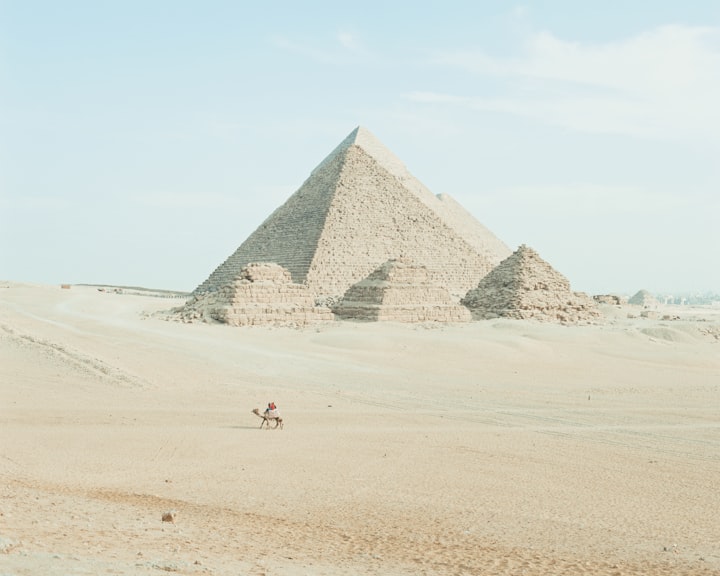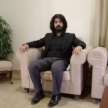
Synopsis
"THE ALCHEMIST"; is a personal motivation book written by Paulo Coelho originally in Portuguese, translated by Editorial Planeta and published in 1997.
The author recounts in his prologue that he studied Alchemy for many years with the aim of eventually being able to transform metals into gold or discover the elixir of life; and concludes by saying that "achieving the Great Work is not the task of a few, but of all human beings on the face of the Earth" (Coelho, 2016, p. 13).
The work tells us about the life of Santiago, a young sheep herder who decided to cross the desert in search of a treasure that he saw in his dreams; but what he gets is an inner treasure called by the Sages "Personal Legend", he learned to listen to his heart and understand the language of the world and thus become the successor of the Alchemist of the desert.
Critical review.
This work by Paolo Coelho is written as a literary story, of events that can be defined as symbolic fantasies, where there are many fragments that the characters show to have a high cultural level, especially the protagonist Santiago; then there are other characters such as the crystal merchant, the Englishman, the alchemist himself who have a very broad knowledge of what the world is, of the beliefs, the secrets and the adversities that are found on stage.
The fragments are very deep, with a lot of content that highlights the values in the human being of any time. In addition, the work provides a teaching so that young people, not to lose sight of the objectives, helps to recognize in each one with its messages of always having a vision that must be fulfilled; the stories of how a young man can get what he is looking for are clear, easy and precise; Thus, when Santiago dreamed so much of traveling and finding a treasure that he was able to leave the seminary, to which he was sent by his parents, since: “since I was a child I dreamed of knowing the world and this was much more important than knowing God and the sins of men." (Coelho, 2016, p. 26).The details that describe certain scenarios of small cities, as well as extensive deserts that in the eyes of the characters were considered almost infinite, of merchant shops, tents, are aspects that I consider valuable to easily understand the reading.
This is a very valuable book, as it contains many excerpts with self-improvement messages that can be found from cover to cover; And, riding through the desert of Santiago seems to me to be a very entertaining experience where emotions and feelings of love are mixed with situations of danger and symbolic adventures that make it seem like a reality to be able to communicate with the desert, with the wind or with the sun itself.
The values that are exposed most frequently in the book are those that are required in life to achieve success, such as: the responsibility to fulfill each task according to what is required, loyalty, perseverance, respect, discipline, but It seems to me that the one that stands out the most is faith in oneself.
The author proposes in this book a certain direction towards faith in a creator of everything, who in some paragraph calls him God; that is something that I do not share from my point of view; however below he refers to the soul of God as the Soul of man, so I take it that he wishes to make the reader feel that man could reach the level of God, depending on how he finds his personal legend.
Coelho expresses something that I think is trying to instill in young people so that they take advantage of the least opportunity they have, “It's called the Favorable Principle, beginner's luck. Because life wants you to live your Personal Legend” (Coelho, 2016, p. 68).
I recommend reading "The Alchemist" to people who are looking for their own "Personal Legend"; Below I allow myself to transcribe a fragment that speaks of Santiago the moment he manages to transform himself into wind to save his life from some trivial warriors, the one that seems ideal to conclude this criticism: “And the boy immersed himself in the Soul of the World and saw that the Soul of the World was part of the Soul of God, and he saw that the Soul of God was his own soul and that he could therefore perform miracles” (Coelho, 2016, p. 162).






Comments
There are no comments for this story
Be the first to respond and start the conversation.